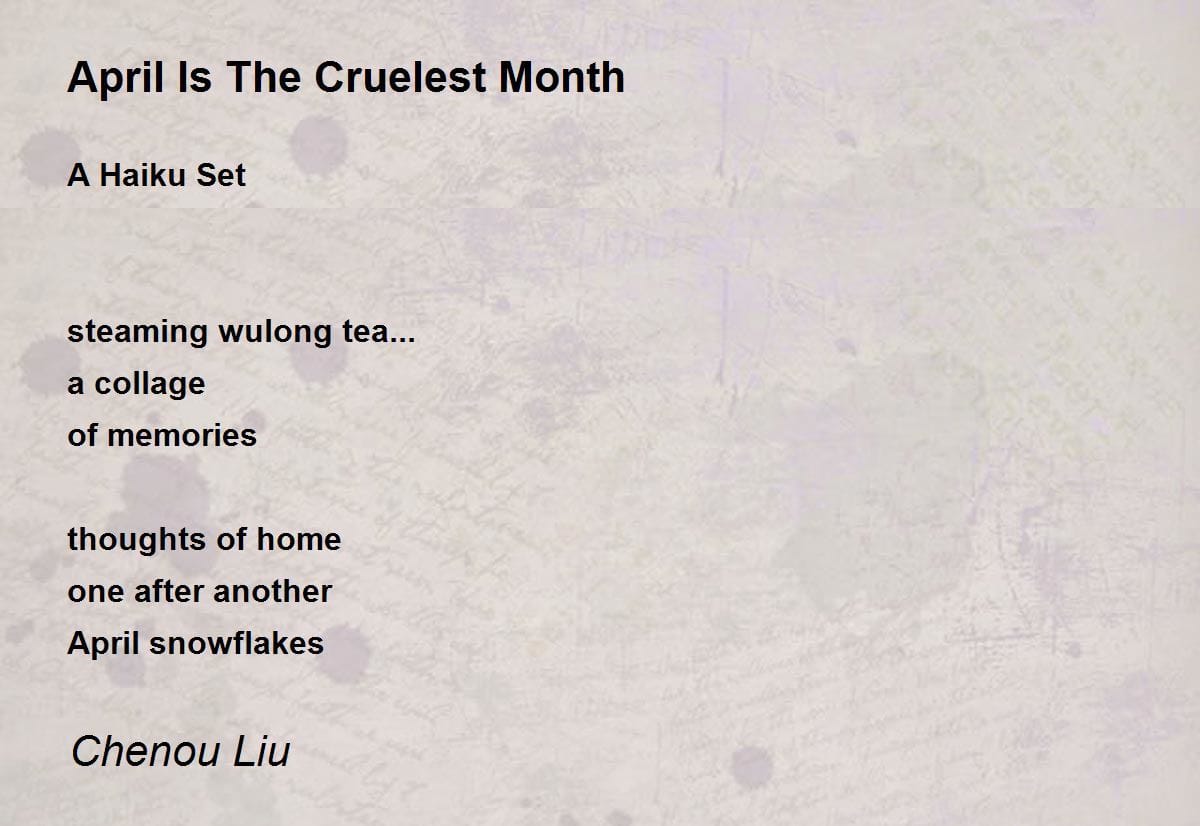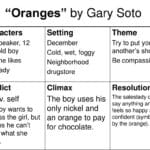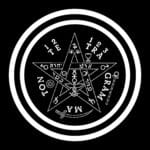Ever heard of T.S. Eliot’s famously enigmatic poem, “The Waste Land”? One of its most enduring lines, “April is the cruelest month,” challenges everything we think we know about springtime. Why would the season of rebirth be considered “cruel”? Let’s delve into the heart of Eliot’s masterpiece to understand the complexity of grief, memory, and the human condition in a world grappling with profound loss.
Unveiling the Cruelty of Renewal
You know the saying, “April showers bring May flowers”? It speaks to the hope inherent in new beginnings. But T.S. Eliot, writing in the aftermath of World War I, presents a starkly different perspective. His “The Waste Land” opens with the jarring declaration: “April is the cruelest month.” This instantly subverts our expectations, forcing us to confront the possibility that spring’s renewal can be a double-edged sword.
Eliot flips the script on spring, transforming April from a season of renewal into an emblem of agonizing rebirth and the painful sting of resurrected memories. Imagine a world shattered by conflict, where the wounds of war run deep. In this context, the arrival of spring, with its vibrant energy and promise of new life, might feel less like a celebration and more like a painful reminder of what has been irrevocably lost.
The cruelty of April lies not in nature’s revival, but in its stark contrast to the sterile comfort of a spiritually barren world clinging to the numbness of winter. Eliot writes, “Winter kept us warm, covering / Earth in forgetful snow…” These lines suggest that winter, a time typically associated with death and dormancy, paradoxically offers a kind of solace—a temporary escape from the pain of memory and desire.
The image of “lilacs out of the dead land” further emphasizes this paradox. “Lilacs out of the dead land” bloom not as symbols of hope, but as painful reminders of lost beauty and the agonizing potential for regeneration in a desolate world. The lilacs, while beautiful, emerge from a place of profound devastation, highlighting the tension between the possibility of renewal and the enduring presence of loss.
More than just a literary device, “April is the cruelest month” reflects the fragmented psyche of a post-war society grappling with loss, disillusionment, and the daunting prospect of healing. The line resonates with the difficulty of confronting pain and the allure of retreating into numbness rather than facing the complexities of healing and rebirth.
Why is April the “Cruelest Month”? Examining Eliot’s Paradox
The idea that April, a month typically associated with joy and renewal, could be considered “cruel” might seem perplexing at first. However, understanding the context of Eliot’s life and the themes he explores in “The Waste Land” sheds light on this seeming contradiction.
Here’s why April is “cruel” in the world of “The Waste Land”:
- The Pain of Remembering: Spring awakens dormant memories, both pleasant and painful. For the inhabitants of Eliot’s waste land—a term that speaks to both physical and emotional desolation—these memories are often sources of anguish, reminding them of what they have lost and can never regain.
- The Burden of Desire: Just as spring reawakens the natural world, it also stirs up human desires. However, in a world devoid of hope and meaning, these desires become a source of further suffering. The characters in “The Waste Land” find themselves yearning for something they cannot attain, caught in a cycle of longing and disappointment.
- The Confrontation with Emptiness: The vibrancy of spring stands in stark contrast to the emotional numbness that many characters in the poem experience. The world around them bursts with new life, but they feel empty and disconnected, unable to share in the joy of renewal.
Chaucer’s April vs. Eliot’s April: A Study in Contrasts
It’s important to note that the idea of April as a cruel month directly challenges a long literary tradition of celebrating April as a time of hope and rebirth. Geoffrey Chaucer, in his famous “Canterbury Tales,” famously opens with these lines:
“Whan that Aprill, with his shoures soote, / The droghte of March hath perced to the roote…”
These lines, written in the 14th century, paint a picture of April as a benevolent force, bringing life-giving rain after the dryness of March. This traditional image of April as a time of renewal makes Eliot’s declaration even more stark and unsettling.
The Enduring Legacy of “April is the Cruelest Month”
Eliot’s “The Waste Land” and its iconic opening line continue to resonate with readers nearly a century after its publication. The poem’s exploration of disillusionment, the search for meaning, and the complexities of human emotion transcends its historical context, speaking to the enduring challenges of the human condition.
While the world has changed dramatically since 1922, the themes that Eliot grapples with in “The Waste Land”—loss, trauma, the search for meaning in a fragmented world—remain strikingly relevant. “April is the cruelest month” serves as a reminder that renewal is not always easy, and that even in the midst of beauty and potential, there can be great pain. The line compels us to confront the paradoxical nature of hope and the complexities of healing in a world that often feels like a wasteland.
Do you know a gallon of gasoline weighs? If you want to know more about a gallon of gasoline weighs, click on the link.
- Unveiling the Enigma: Mansoureh Khojasteh Bagherzadeh’s Public Appearances & Private Life in Iran - July 18, 2025
- Unveiling the Mystery: Mansoureh Khojasteh Bagherzadeh’s Husband: A Rare Glimpse into a Private Life - July 18, 2025
- Unveiling Masoud Khamenei’s Mother: Power, Influence, and Iran’s Future - July 18, 2025
















